Eggshells and fireworks.
It was 1869. Emily Davies and Barbara Bodichon had founded Girton College, the first residential college for women in England. Only five women began their studies that year, but they still weren’t permitted to receive degrees. The year 1869 was significant for other reasons too. It was the birth year of two other influential women. The first was Rachel Davis Harris, a librarian of African-American descent who introduced children to folklores and fairytales, and whose life-long dedication to children’s education vastly enabled the Civil Rights Movements in the United States. The next woman was Else Lasker-Schüler, a poet of German Jewish descent who later had to flee from Nazi persecution to live the rest of her life in Jerusalem. For someone who has grown up reading the experiences of women across generations and found exuberance in the limitlessness of literature, Miss Harris and Lasker-Schüler are obvious inspirations. Their resilience and profoundness is reminiscent of another cohort of women that I have come across, the women of Eddies. These are women who come from all walks of life: they are educators, rocket-scientists, geneticists, equestrians, archaeologists, and actors and poets. They are all brilliant women, phenomenal women.
In 1897, when men in the University of Cambridge convened to discuss whether women should be granted degrees, only 661 voted in favour of the motion. 1701 of the 2368 men present there felt threatened and unnerved. Perhaps they didn’t want to lose their comfort, privilege and intellect at the hands of women. The men threw around eggshells and fireworks outside the Senate house to celebrate their victory against this other species called women. They are still thrown around today. Virginia Woolf, an alumna, said that the history of men’s opposition to women’s emancipation is more interesting perhaps than the story of that emancipation itself.
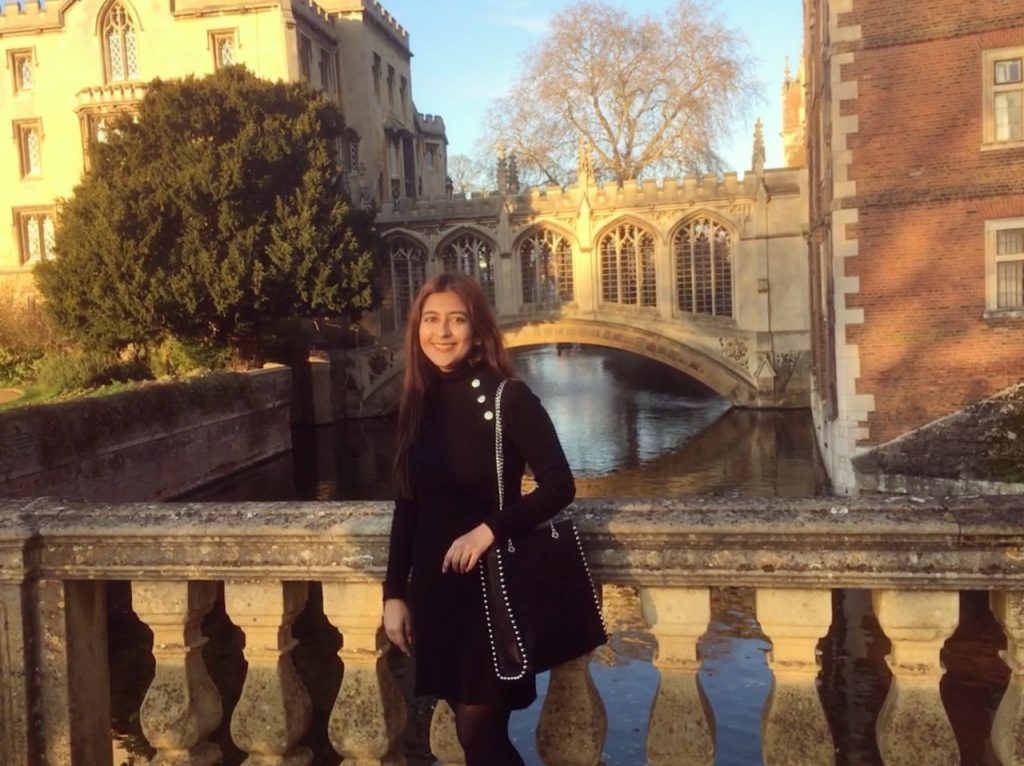
It was 1969, exactly 100 years from the founding of Girton College, when Margie Wilkinson became the first woman to matriculate from St Edmund’s. She graduated with a degree, thus paving the way for decades of women in Eddies. To celebrate 50 years of women, I was told that I should write about my personal experiences. I wonder how is it possible to narrate my experience without telling the stories of the women who came before me. I find myself in the mid-point of history, with hundreds of women before me, and thousands that will come after. All brilliant women, phenomenal women.
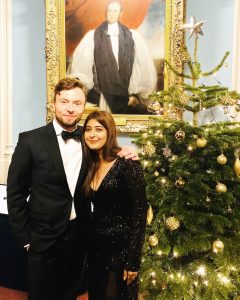
I joined St Edmund’s College in the autumn of 2019, having completed my undergraduate degree in Archaeology and Anthropology at UCL. In my younger days, my enchantment with stars inspired me to a life of studying the universe. However, as I started to travel more and read numerous anecdotal accounts of humans all over the world, I found myself captivated with the idiosyncrasies of human life. My fascination with why humans do what they do led me to Anthropology. In fact, as an aspiring anthropologist, I have always felt the absence of a female voice in many of the studies across the globe. That is why the works of Cambridge-trained feminist anthropologists like Dame Marilyn Strathern and Dame Henrietta Moore resonate so deeply with me. They tell us that social institutions aren’t simply interesting subjects to explore, but they also form the grounds where the exploitation of women is mediated. I was thrilled to observe that the women of St Edmund’s revelled in the same feminist interpretation of academic fields as I do.
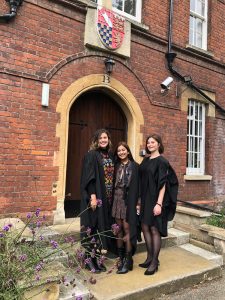
By nurturing women and men with diverse interests and paths, St Edmund’s has given us a space where we can share ideas and visions. I remember my first week here. I was so excited to be in Cambridge and to starting a degree that I am so passionate about. I remember meeting all my friends in that first week, and I can see myself remaining friends with them for a very long time. Sometimes I wonder how different being in another college would be. Perhaps I would have had better experiences or friendships, but they probably wouldn’t have included the warmth and acceptance that I feel at Eddies. I simply cannot envision my Cambridge experience without the presence of my Eddies friends whom I admire dearly. I cannot imagine what my year would have been like without sitting in the dining hall with my friends, attending the infamous Eddies bops, taking way too many breaks with my friends during late-night library sessions, hustling around for the Pink Week with my lovely friend Alyssa, or organising the May Ball with the rest of the team! In fact, it was during my time as the President of the May Ball Committee that I learnt something so poignant about St Edmund’s. Having sent an invitation to our beloved alumni, I received numerous emails expressing joy, excitement and reminiscence of their time in Eddies. It is a testament to how much the College cares for and keeps an ongoing bond with all its students across generations. Their admiration for the college is evident in their musings about their time here, even to a complete stranger!
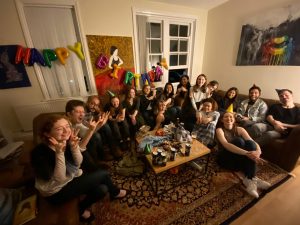
By celebrating fifty years of women in this College, St Edmund’s is acknowledging the adversities that women have endured over the years. It is also celebrating the tenacity and inventiveness of the women who have shaped Eddies. This year has seen the appointment of a female Master, a first of many, adding yet another woman to St Edmund’s repertoire as a modern and inclusive institution. There is a need now, more than ever, to tell more female stories. We face different struggles than Miss Davies and Bodichon today. Similarly, the next generation will inevitably face a new set of maladies. Just like the founders of Girton made world-class education accessible to thousands of women around the globe, we need to create a world where women are treated as equals, for our successors. We need a world where the surveillance of the female body doesn’t exist, where unfounded sexist attitudes are a relic of the past, and where women are paid justly and equally. I trust the women of St Edmund’s to turn this vision into a reality. This year, as St Edmund’s and Cambridge are at a crossroads of history, we need to remember the female educators who raised their voice against the inaccessibility to the written word and those 661 men at the Senate who never doubted the power of the female intellect. I will always be a proud and vocal member of St Edmund’s, and I trust my friends to say the same.
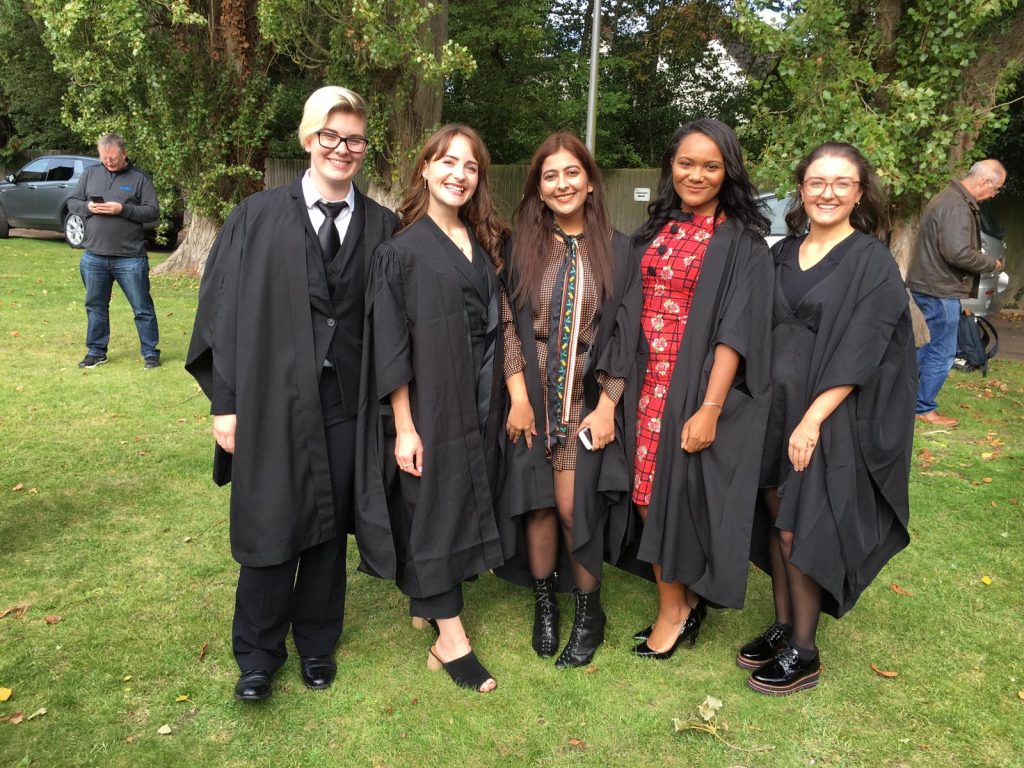
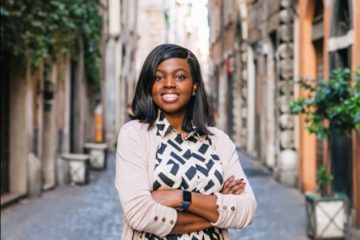
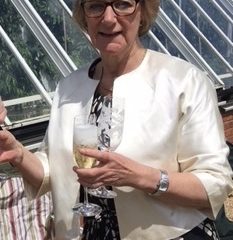
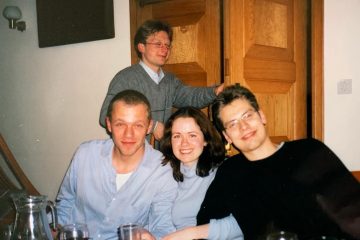
0 Comments